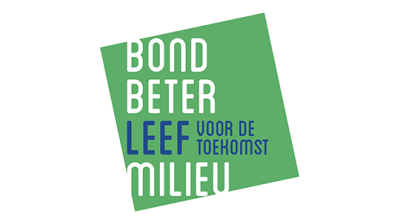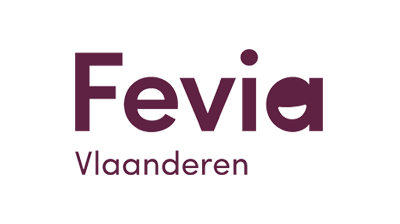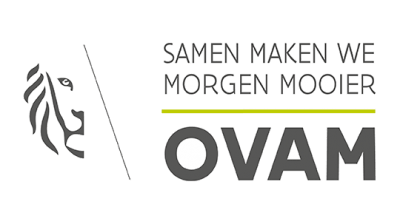Basic principles
Innovation
A lot of innovation is still required in products, systems and business models if chains are to be closed.
IMPROVED PRODUCTS AND SYSTEMS
Smart circular systems can on the one hand be less labour-intensive and therefore require less training, while on the other hand they can be of higher quality than the 'normal' applications in the construction sector.
Example: Facadeclick developed a click system for simple and ecological construction. The joint-free façade system does not connect the bricks with mortar or glue, but with plastic inserts. The façade can easily be dismantled and reused.
Example: Systimber offers a unique way of solid wood construction. The system links wooden beams together in an innovative way to form a dimensionally stable whole, thanks to mechanical - and therefore reversible - connections. No heavy equipment is needed for the construction, which means that the system can also be used for small-scale projects in hard-to-reach places.
Example: The Step Stone project demonstrates the use of Carbstone products in Ghent. The innovative Carbstone technology produces sustainable building materials from two waste streams: steel slag and CO2.
NEW BUSINESS MODELS
In addition to innovation in products and systems, circular construction also demands new business models. More and more companies are choosing to offer a service instead of a product. In this way, materials remain the property of the supplier and they also remain in the chain.
Examples:
- JuuNoo researches 'walls as a service': you do not own the wall, but can rent it together with its maintenance.
- Berg Van Termunt leases façades via Facadeclick. Facadeclick retains ownership of the materials and can collect and reuse the bricks at the end of the life cycle.
- Groep Van Roey wants to offer the indoor climate of a space in its entirety: 'Comfort as a service'.















